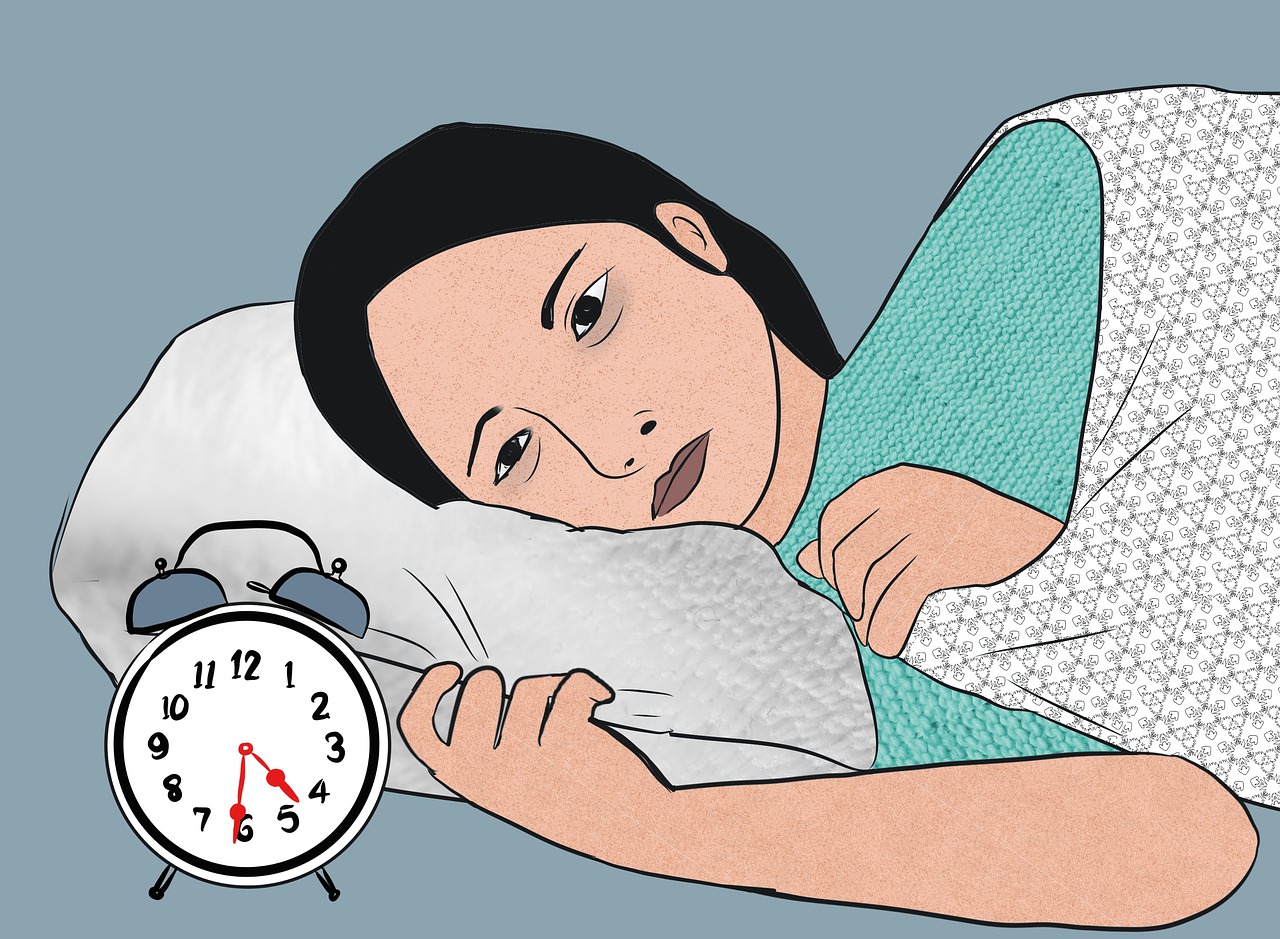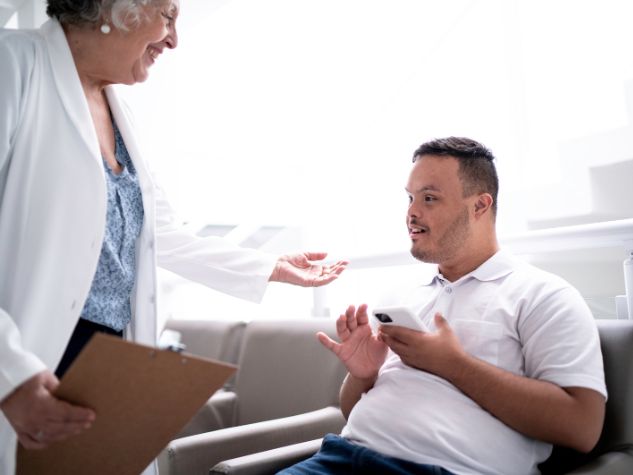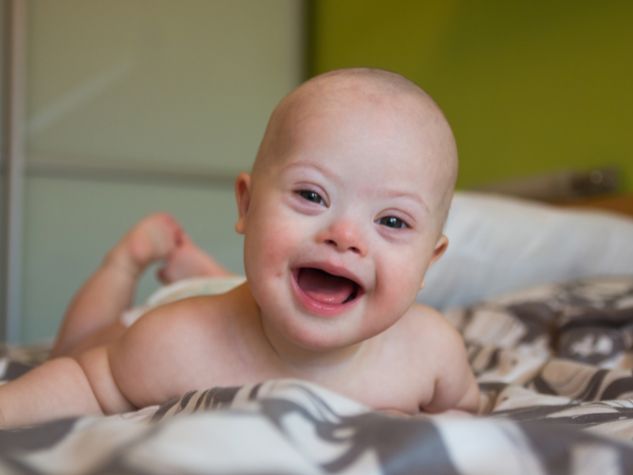it’s common for people with Down Syndrome to experience sleep apnea. Sleep apnea is a disorder in which breathing is repeatedly interrupted during sleep. This can occur due to a blockage in the airway (obstructive sleep apnea) or due to a lack of signals from the brain to breathe (central sleep apnea).
People with Down Syndrome are more prone to develop sleep apnea due to certain anatomical and physiological factors. Some of these factors include a different facial and airway structure, such as a narrower palate or a larger tongue, as well as generalized muscle hypotonia, which can affect the muscles that keep the airway open during sleep.
Untreated sleep apnea can negatively affect the quality of life for people with Down Syndrome. It can lead to daytime sleepiness, difficulties with concentration, learning problems, irritability, and other long-term health issues.
If sleep apnea is suspected in a person with Down Syndrome, it’s important to seek proper evaluation and diagnosis from a specialist in sleep disorders. Treatment may involve lifestyle changes such as weight loss or changing sleep position, the use of continuous positive airway pressure (CPAP) devices, or other treatments based on the individual’s needs.
To improve sleep apnea in people with Down Syndrome, here are some strategies that can be helpful:
- Consult a sleep disorder specialist: Seek evaluation and diagnosis from a specialist in sleep disorders. The specialist can determine the severity of the apnea and recommend the most appropriate treatment.
- Use Continuous Positive Airway Pressure (CPAP) devices: CPAP is a device that delivers pressurized air to keep the airways open during sleep. It is a commonly used treatment for obstructive sleep apnea. Make sure to follow the doctor’s instructions and use the CPAP regularly and properly.
- Lifestyle changes: Some lifestyle changes can help improve sleep apnea. These may include weight loss if overweight or obese, avoiding alcohol and sedatives before bedtime, maintaining a regular sleep routine, and sleeping in an appropriate position, such as on the side instead of on the back.
- Oxygen therapy: In some cases, using oxygen therapy during sleep may be necessary to improve apnea and ensure proper oxygenation. This should be recommended and supervised by a doctor.
- Surgery: In severe cases or situations where other treatments have not been effective, surgery may be considered to correct anatomical abnormalities contributing to the apnea. However, this should be evaluated and recommended by a specialist.
Remember, each person with Down Syndrome is unique, so it is important to work closely with a specialist to determine the most suitable treatment approach for each individual.
















